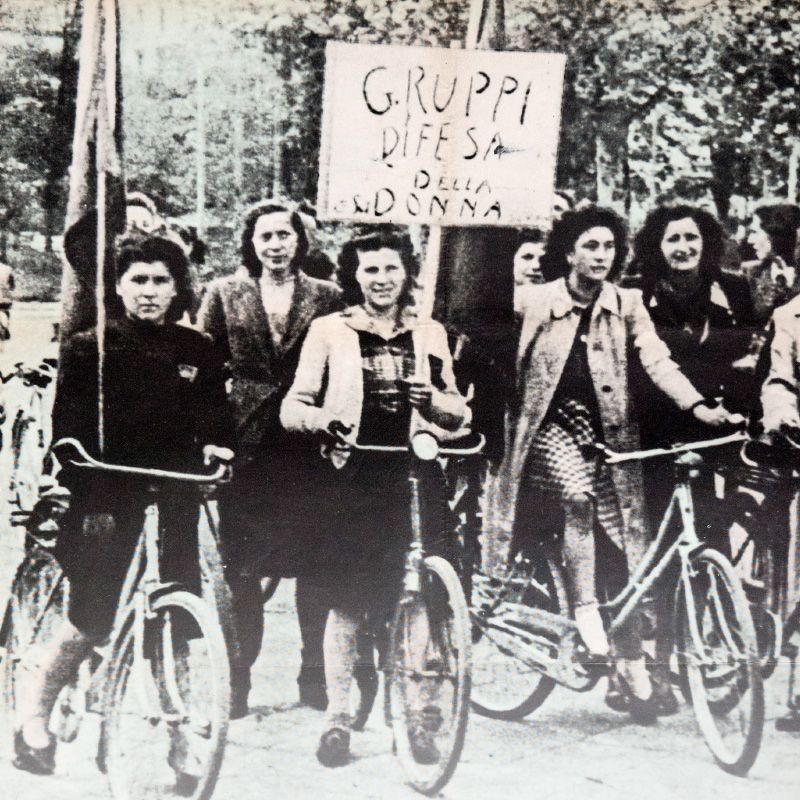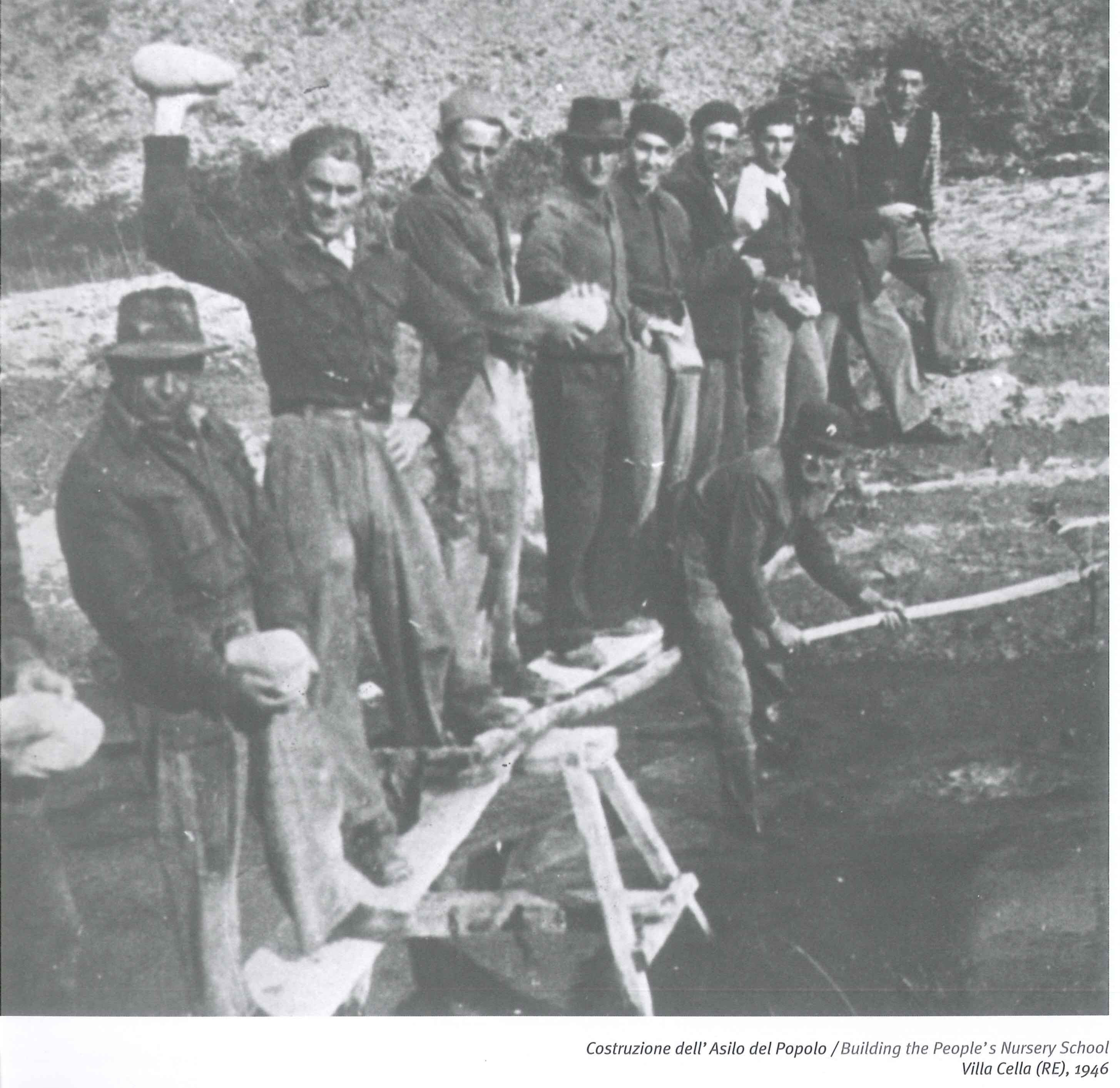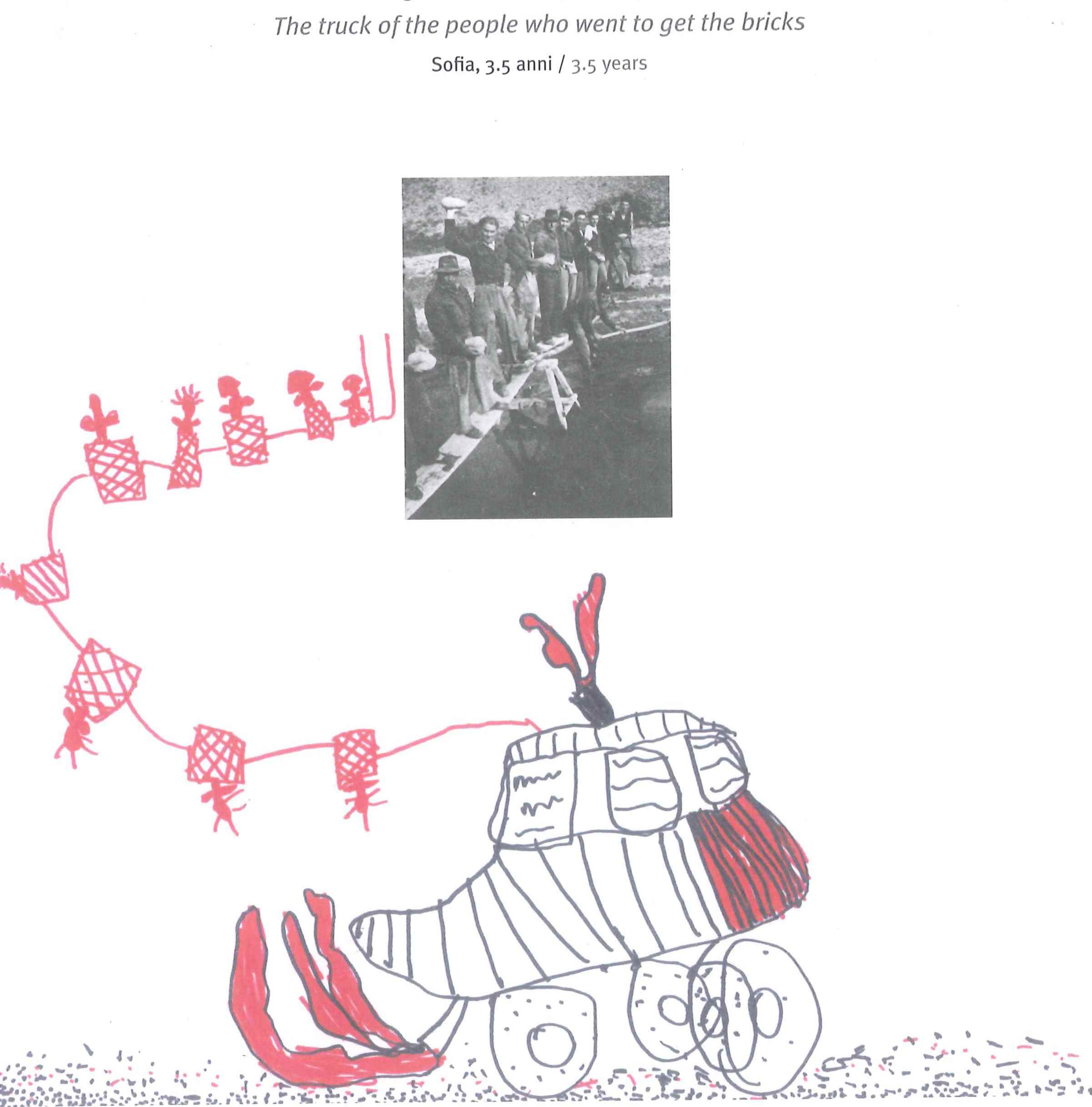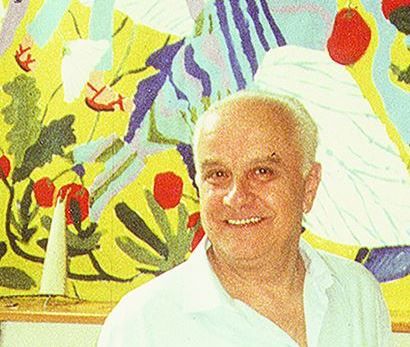Bicycles & Bricks, Vision & Determination
Online Conference set: narratives of the real and possible in shaping education
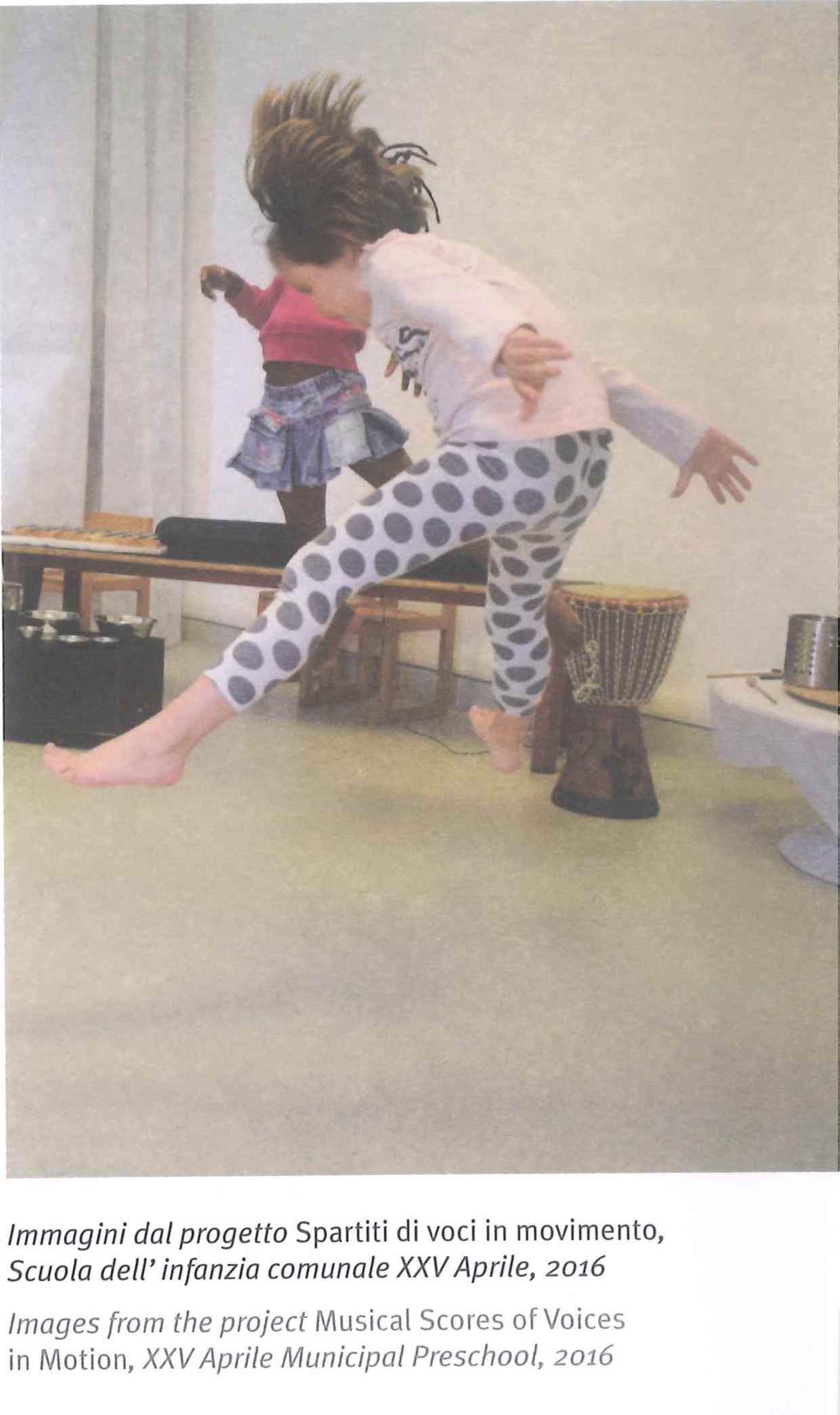 These are times of possibility. Amidst calls and demands to ‘return to normal’ there are also many who have lost patience with the ‘old normal’ or have seen that other ways of living and learning are indeed preferable. Multitudes of educators, head teachers, parents and advocates are striving to protect and also develop possibilities for educational experiences with children’s rights, wellbeing and proclivities for natural enquiry at the heart.
These are times of possibility. Amidst calls and demands to ‘return to normal’ there are also many who have lost patience with the ‘old normal’ or have seen that other ways of living and learning are indeed preferable. Multitudes of educators, head teachers, parents and advocates are striving to protect and also develop possibilities for educational experiences with children’s rights, wellbeing and proclivities for natural enquiry at the heart.
This online conference set of seminars is designed to nourish all those who are actively promoting and creating these ‘visions of the possible.'
You have the option to sign up for individual seminars - please see the individual listing for each. However, the final panel is only available to those who participate in the set through signing up here.
-
For details of each presentation/discussion, click the appropriate tab above.
-
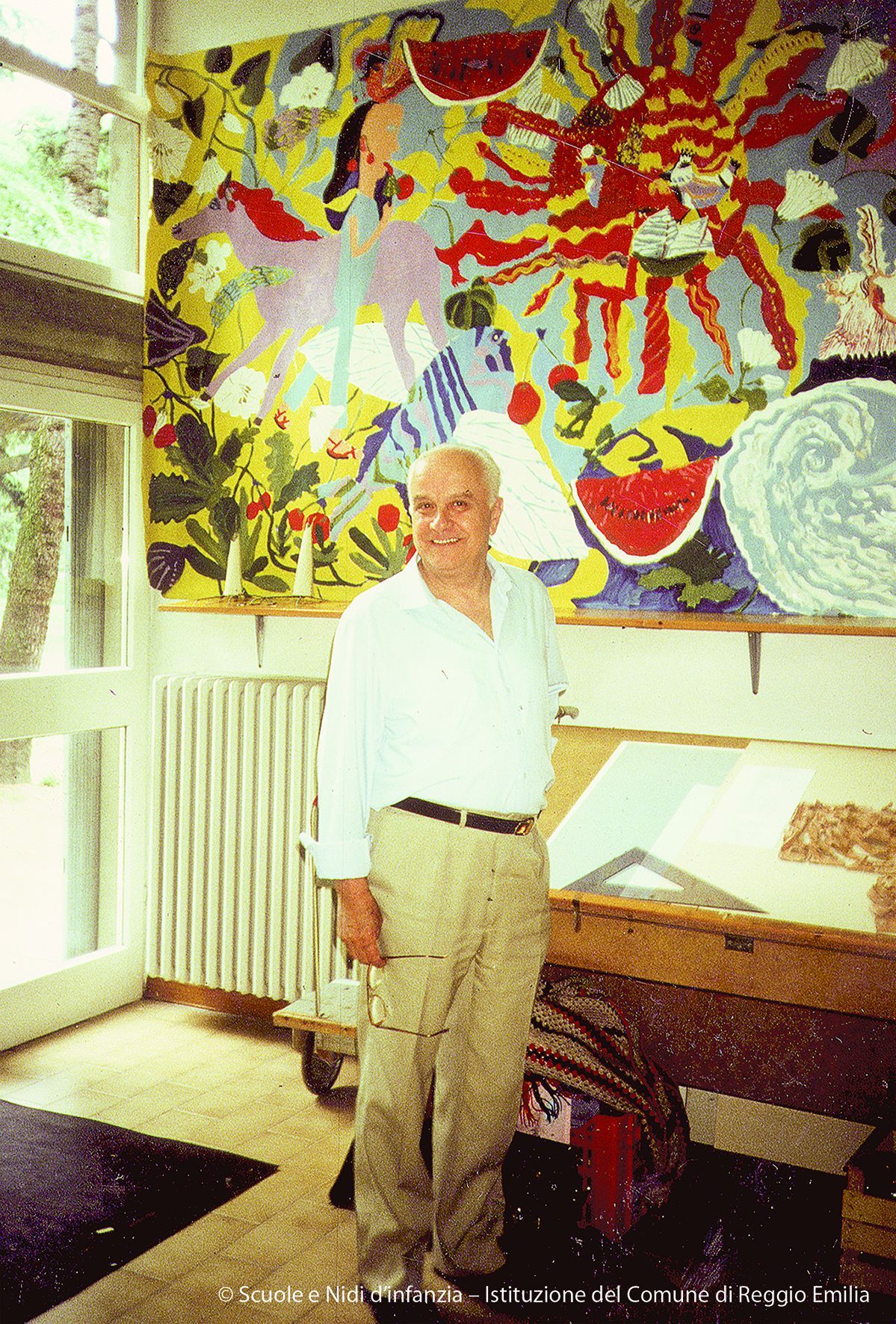
We celebrate this year the hundredth anniversary of the birth of a great educator, Loris Malaguzzi. Using Malaguzzi’s own words, I want to look at his contribution to early childhood education from three perspectives. I will talk about the historical, political and cultural context that shaped his life and work. I will discuss the multiple roles he played in the educational project of Reggio Emilia – which provoke us to think about the meaning of educational leadership and the type of management required for an innovative, democratic and dynamic public education system. And I will argue that he offers other important provocations to contemporary early childhood education, provocations that can enable us to envision a transformed early childhood education in England. At a time when hope is often in short supply, we can draw inspiration from his firm belief in the darkest of times for Italy that ‘everything seemed possible’.
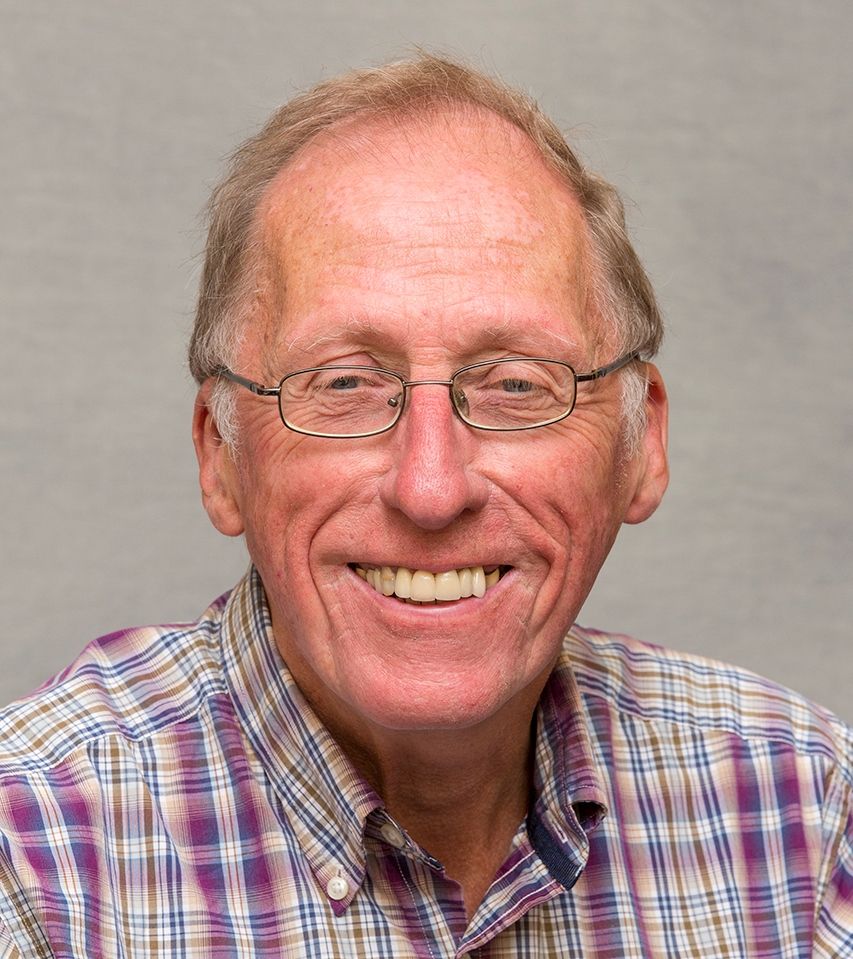
Peter Moss is an Emeritus Professor at UCL Institute of Education, University College London. With colleagues in Reggio Emilia, he has edited the book ‘Loris Malaguzzi and the Schools of Reggio Emilia’, a collection of over 100 speeches and writings by Loris Malaguzzi from 1945 to 1993. His latest book is ‘Transforming Early Childhood in England: Towards a democratic education’, edited with Claire Cameron. He believes that Loris Malaguzzi can help us with the urgent task of transformation. -
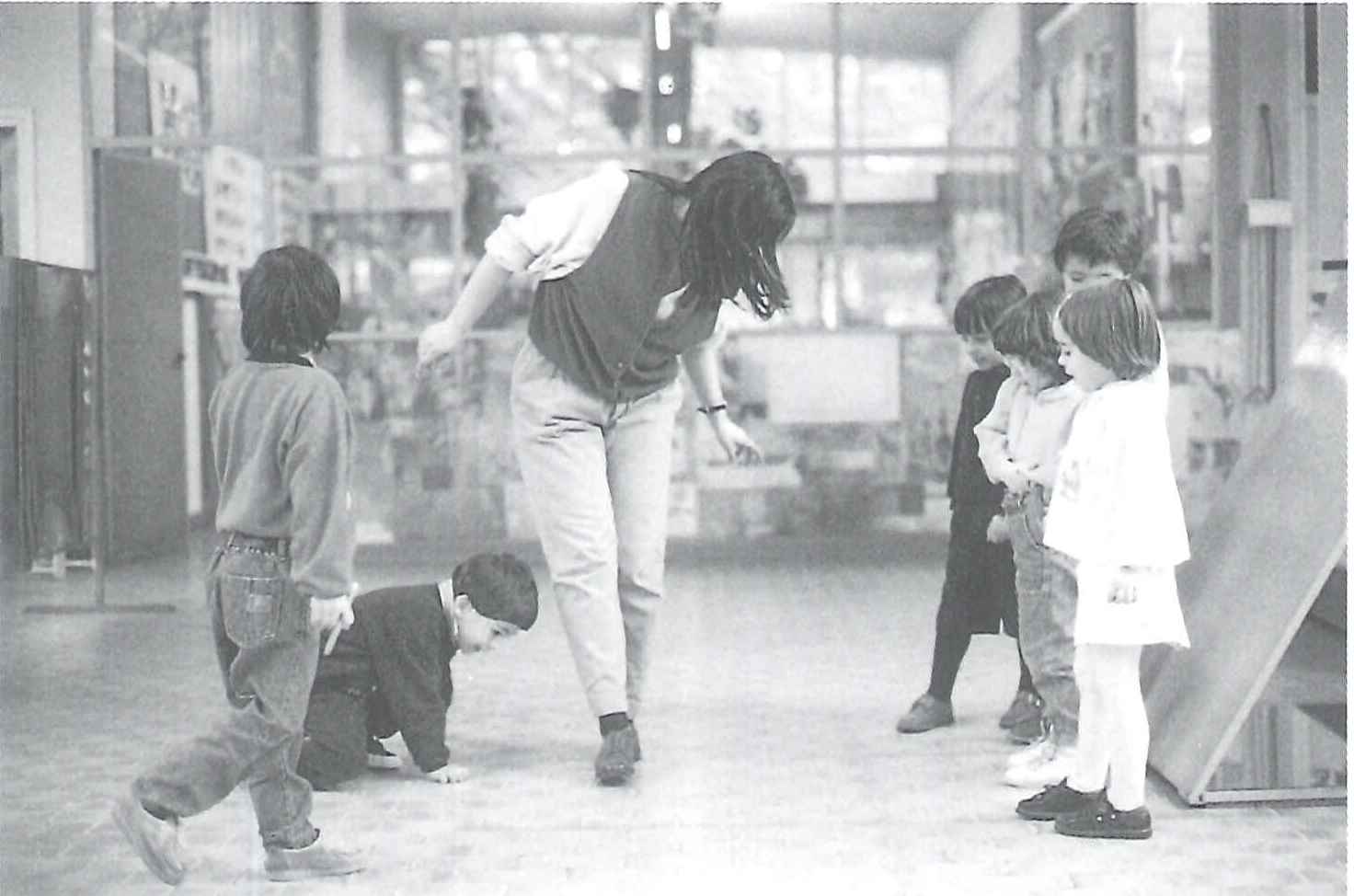 “How can you measure your jumps?” asks Marina. Tomasso’s jump is four ‘feet’ long. Now Marina measures Tommaso’s jump with her foot, and it’s three ‘feet.’ Marco and Daniela jump next.
“How can you measure your jumps?” asks Marina. Tomasso’s jump is four ‘feet’ long. Now Marina measures Tommaso’s jump with her foot, and it’s three ‘feet.’ Marco and Daniela jump next. 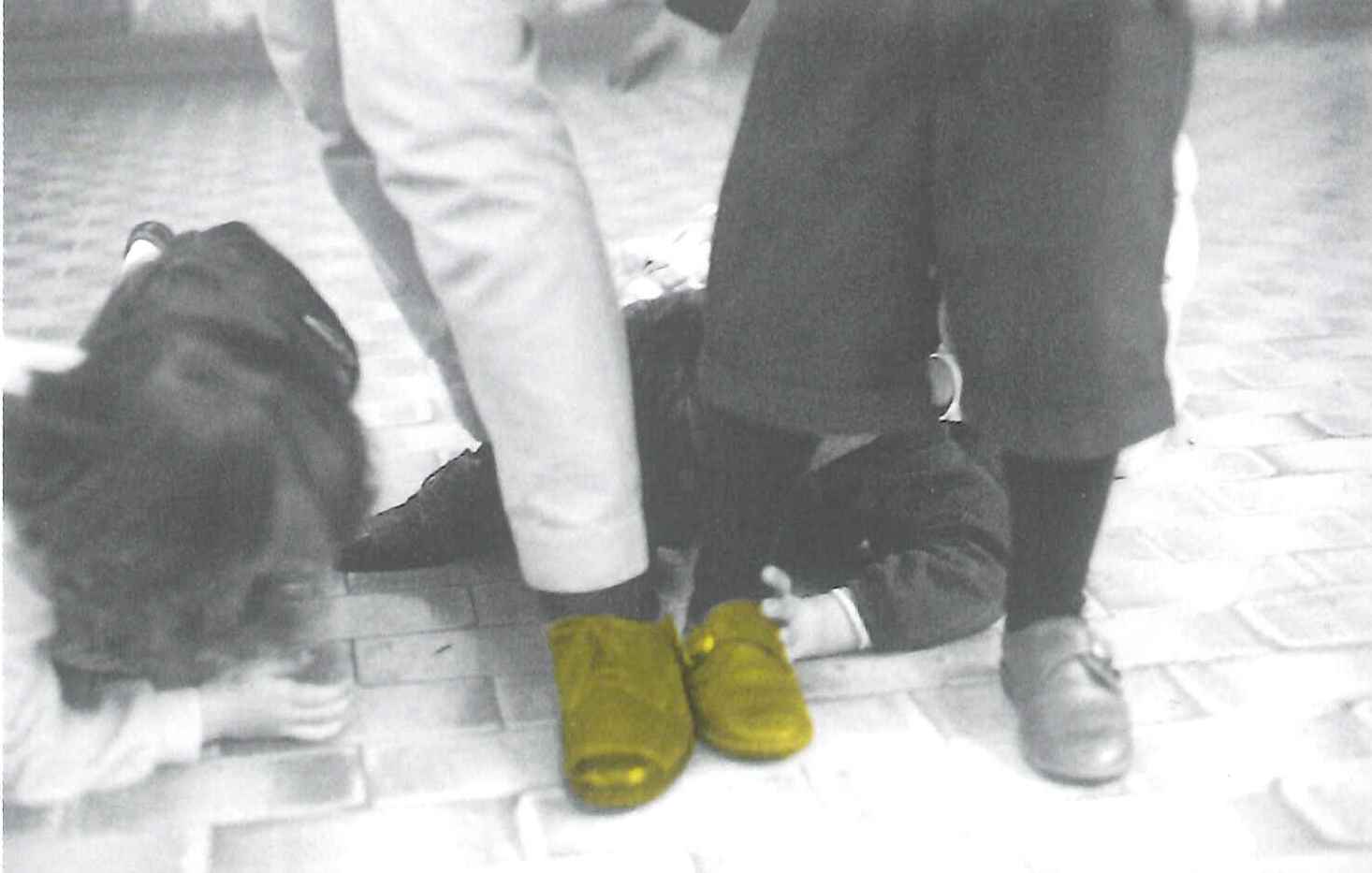 Every time the teacher measures the jumps, they get shorter. But finally everyone discovers the trick: “your foot is bigger and it takes up more space. We have little feet.” We hope that this experience has helped the children to better understand the ambiguitMarina Castagnetti is delighted to be discussing her in-depth experiences as a teacher working closely with Loris Malaguzzi at a formative time of Reggio’s preschools.
Every time the teacher measures the jumps, they get shorter. But finally everyone discovers the trick: “your foot is bigger and it takes up more space. We have little feet.” We hope that this experience has helped the children to better understand the ambiguitMarina Castagnetti is delighted to be discussing her in-depth experiences as a teacher working closely with Loris Malaguzzi at a formative time of Reggio’s preschools.For those of us who have continued on the road mapped by Malaguzzi and many others, participating in the educational project with enthusiasm, hard work and creativity has always been like ‘walking on threads of silk’, keeping a fine balance and often at risk of falling, not as poetic as the quote would make it seem.
It means having the courage to take decisions even if they go against the flow, when there is a risk of making mistakes, being exposed to potential error because the situation is not clear. It means ‘avoiding opportunist and obsequious attitudes towards authority’, discussing and exchanging points of view constantly with other realities, trying to evolve from situations that appear stagnant and irresolvable.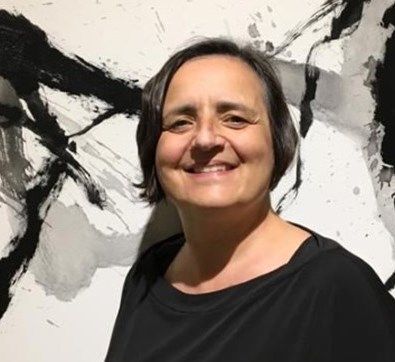 Marina Castagnetti was a teacher with children aged 3 to 6 at the municipal preschool "Diana" in Reggio Emilia from 1982 to 1999.
Marina Castagnetti was a teacher with children aged 3 to 6 at the municipal preschool "Diana" in Reggio Emilia from 1982 to 1999.She was part of the historical working group of the Diana school collaborating with Loris Malaguzzi and Vea Vecchi in numerous educational projects of the exhibition “The Hundred Languages of Children.” She coordinated the archives and activities of the Documentation and Educational Research Centre of the Preschools and Infant-toddler Centres of the Municipality of Reggio Emilia from 2000 to 2016, and currently participates in Reggio Children’s international consultancy and professional formation consulting projects.
 She has participated as a speaker in numerous conferences, seminars, training courses, study days, both in Italy and abroad on the Reggio Emilia Approach (Austria, Brazil, China, South Korea, Croatia, Denmark, United Arab Emirates, Philippines, Germany, Japan, India, Israel, Norway, Mexico, New Zealand, Portugal, United Kingdom, Russia, Spain, United States, South Africa, Sweden, Vietnam, Kuwait).
She has participated as a speaker in numerous conferences, seminars, training courses, study days, both in Italy and abroad on the Reggio Emilia Approach (Austria, Brazil, China, South Korea, Croatia, Denmark, United Arab Emirates, Philippines, Germany, Japan, India, Israel, Norway, Mexico, New Zealand, Portugal, United Kingdom, Russia, Spain, United States, South Africa, Sweden, Vietnam, Kuwait).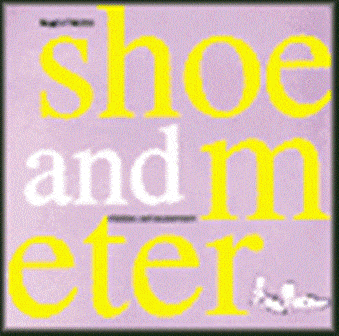 The focus on the project Shoe and Meter is a very rich proposal for her, as she worked intensively on this project probe at Diana Preschool with Loris Malaguzzi, and Vea Vecchi the atelierista at Diana preschool. The publication was also the first of Reggio Children’s, and so they paid particular attention to its concept and content.
The focus on the project Shoe and Meter is a very rich proposal for her, as she worked intensively on this project probe at Diana Preschool with Loris Malaguzzi, and Vea Vecchi the atelierista at Diana preschool. The publication was also the first of Reggio Children’s, and so they paid particular attention to its concept and content.It will enrich your participation to be familiar with this book, which is available from our bookshop and elsewhere.
-
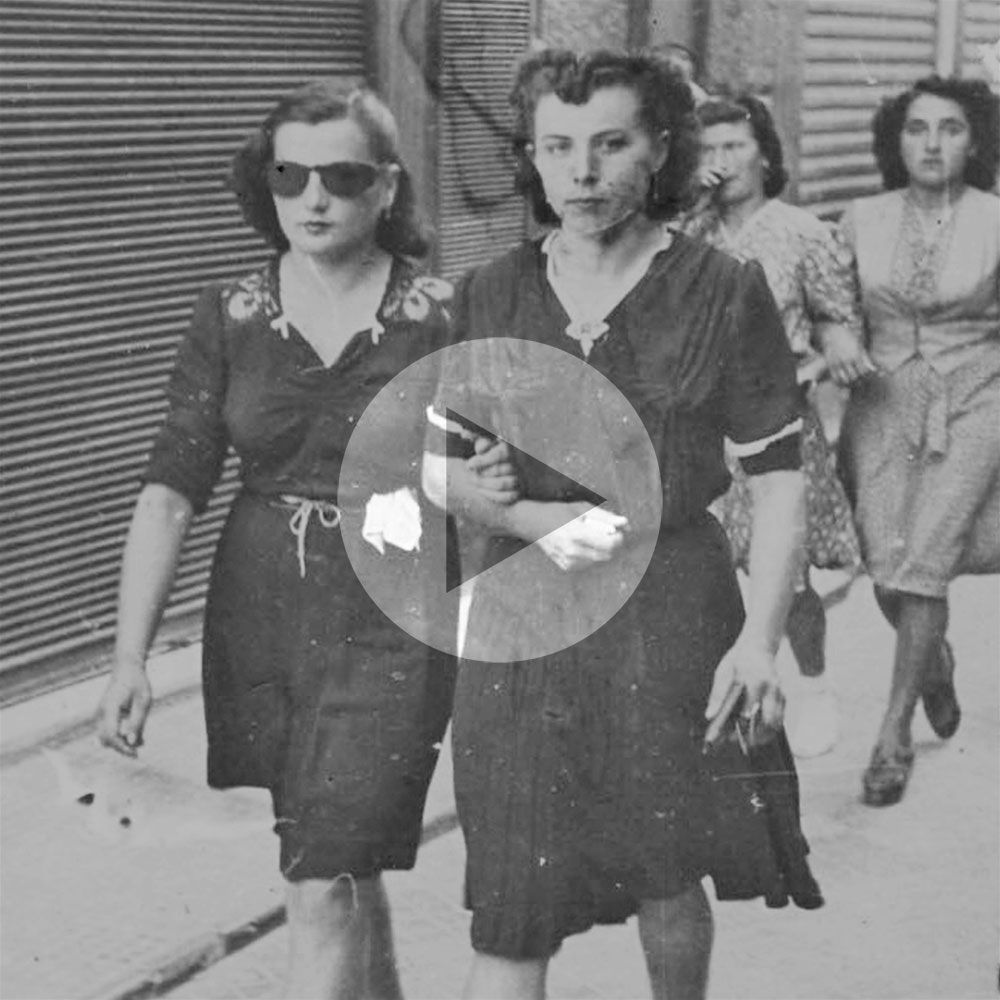 the image hyperlinks to an online video extract from the video'd interviews.Interviews with the local Reggiane women of the 1940s whose dedication and passion drove the evolution of Reggio Emilia's preschools of today.
the image hyperlinks to an online video extract from the video'd interviews.Interviews with the local Reggiane women of the 1940s whose dedication and passion drove the evolution of Reggio Emilia's preschools of today.You know the Reggio pedagogy as a pedagogical approach. But do you also know the history and the women’s contribution?
Discover the fascinating genesis of the “scuole dell’infanzia”.
Get ready for the female witnesses and for brand new insights!From 1943 to 1973, thousands of women in Reggio Emilia struggled collectively for day nurseries and nursery schools. They did so as partisans, activists, and politicians, together with male and female citizens. Women activists of various generations were united by values, goals, and friendships. Some leading figures continued the struggle as municipal, provincial, and regional councillors, or as members of the national parliament. These women translated their values into decisions and actions, thus helping the establishment and spread of day nurseries and nursery schools in Reggio Emilia.
We present research results and video interviews of some of these remarkable women.
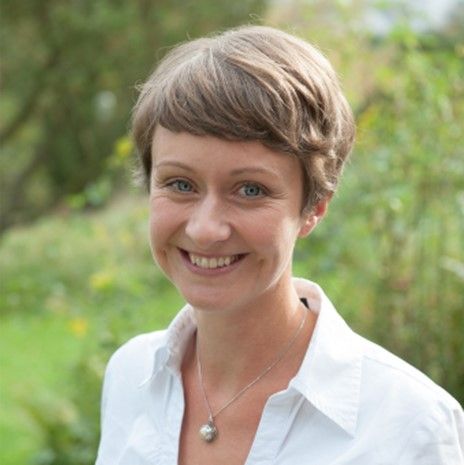
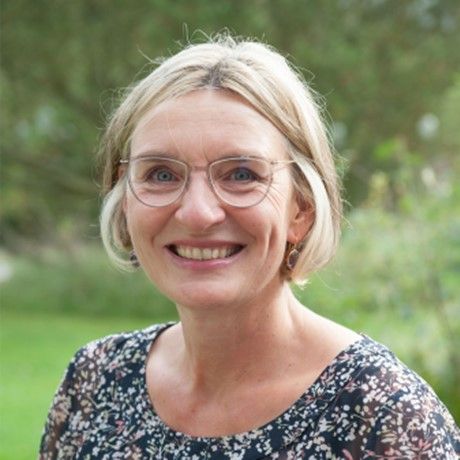
Professor Sabine Lingenauber & Janina L. von Niebelschütz, of the University of Fulda, Germany, dedicated three years to the research, interviewing and presentation of these strong and dedicated experiences. The third part of their video publication is due out in 2021, and can be found on teir website The Women of Reggio.
-
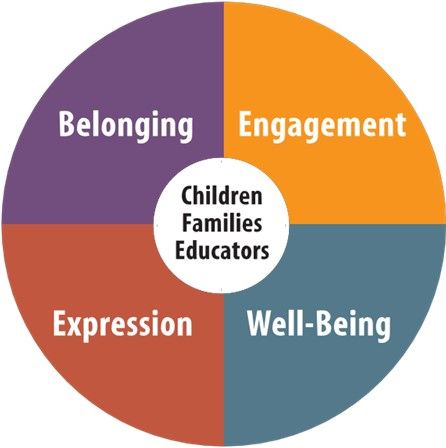
How Does Learning Happen? - Ontario’s Pedagogy for the Early Years, 2014
This early years education policy document and professional learning resource guide is founded on clearly articulated views of the child, educator and family, and encourages critical reflection, collaborative inquiry and pedagogical documentation. “Children are competent, capable of complex thinking, curious, and rich in potential. They grow up in families with diverse social, cultural, and linguistic perspectives.
Every child should feel that he or she belongs, is a valuable contributor to his or her surroundings, and deserves the opportunity to succeed. When we recognize children as capable and curious, we are more likely to deliver programs and services that value and build on their strengths and abilities.” The view of the educator and family are similar in spirit and content.
“As we question, research, reflect, respond, and co-construct our understanding of the world around us with children and families, we gain new perspectives and new and more complex questions arise. This document is not so much about providing all the answers, but rather is intended to provoke questions – for it is in exploring our questions that learning happens.”
In this session Karyn Callaghan and Kelly Massaro-Joblin will introduce the context and background to this visionary state document and the possibilities and challenges it offers for the large Canadian province of over 14 million people.
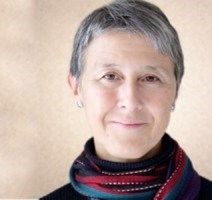 In addition to working as an early childhood educator with children and parents for several years, Karyn Callaghan was a faculty member in the ECE program at Mohawk College and in the Bachelor of Early Childhood Studies program at Charles Sturt University for a total of 30 years.
In addition to working as an early childhood educator with children and parents for several years, Karyn Callaghan was a faculty member in the ECE program at Mohawk College and in the Bachelor of Early Childhood Studies program at Charles Sturt University for a total of 30 years.Since 1997, I have been exploring the philosophy that has guided the early education programs in Reggio Emilia, Italy. I co-founded and coordinated the Reggio-inspired Artists at the Centre – Making Thinking Visible project throughout its 15 year history. I am president of the Ontario Reggio Association, a board member of the North American Reggio Emilia Alliance, and represent Canada on the Reggio Children International Network.
I have authored and co-authored articles published in national and international journals, and have been a keynote speaker at conferences across Canada and in the United States, Asia and Australia. I consulted with the Ministry of Education as they developed the “Think, Feel, Act” and “How Does Learning Happen?” documents, and participated in preparing support materials for the Ministry. I have also co-authored “Documenting Children’s Meaning: Engaging in Design and Creativity with Children and Families” with Carol Anne Wien and Jason Avery, published by Davis Publications. I am grateful for opportunities to be with others who are taking up the challenge of the complex philosophy that is generated in Reggio Emilia.
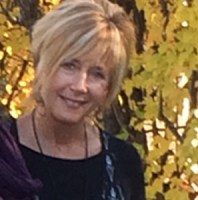 Kelly Massaro-Joblin is currently an Early Years Advisor for the Early Years & Child Care Division for the Ontario Ministry of Education. For the past ten years she has supported Child Care and Early Years Program Implementation and Children’s Services planning with First Nation Communities and District Social Services Administration Boards. Alongside Karyn Callaghan and others, she helped develop the document How Does Learning Happen?, Ontario’s Pedagogy for the Early Years and now is seeing the influence of the foundations in day to day practice. She has been in the field of Early Childhood Education for over thirty-five years, started three Reggio-inspired childcare programmes in Thunder Bay and travelled to Reggio Emilia, Italy to participate in study tours.
Kelly Massaro-Joblin is currently an Early Years Advisor for the Early Years & Child Care Division for the Ontario Ministry of Education. For the past ten years she has supported Child Care and Early Years Program Implementation and Children’s Services planning with First Nation Communities and District Social Services Administration Boards. Alongside Karyn Callaghan and others, she helped develop the document How Does Learning Happen?, Ontario’s Pedagogy for the Early Years and now is seeing the influence of the foundations in day to day practice. She has been in the field of Early Childhood Education for over thirty-five years, started three Reggio-inspired childcare programmes in Thunder Bay and travelled to Reggio Emilia, Italy to participate in study tours. -
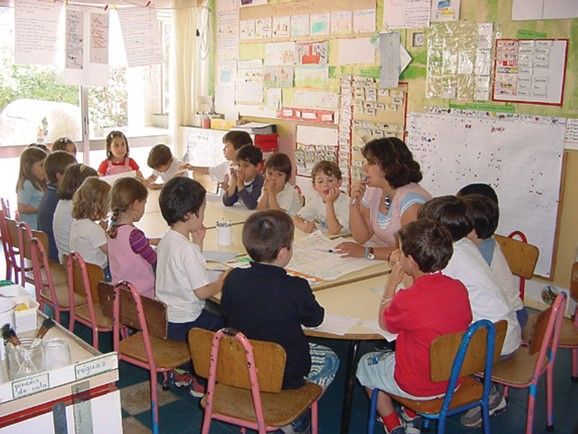 We want to arrange a party for the baby with Fernanda’s mum; We want to learn things about whales and sharks. Democratic alternatives: Provocations from Portugal's Modern School Movement
We want to arrange a party for the baby with Fernanda’s mum; We want to learn things about whales and sharks. Democratic alternatives: Provocations from Portugal's Modern School MovementDemocracy as a value, ethic, practice and purpose is largely absent from education in England. In this presentation, I will contrast the situation in England with the attention paid to democracy elsewhere, in particular focusing on The Portuguese Modern School Movement (Movimento da Escola Moderna Portuguesa), also known as MEM, in which democracy is a central component.
MEM is one of the most active and widespread democratic pedagogies to be found in any country today. Remarkably, it emerged out of repression and consequent struggles for freedom, in a Portugal marked by a dictatorial regime that lasted almost half a century (1926 -1974). This oppressive rule, which ended with a democratic revolution, was pivotal in establishing democracy as a national aspiration for both education and society and consequently, a political period, which inspired those who were looking for progressive alternatives. In MEM, learning and teaching focus on the socio-cultural development of sciences, techniques, arts and everyday life, within the spirit of communication and cooperation between all stakeholders in education. The organisation of work and learning is based on a dialogic and cooperated system in which structures of educational cooperation, communication, and democratic participation inform each other in a reciprocal relationship, and education is defined as a shared journey towards active and democratic citizenship where everyone teaches and everyone learns.
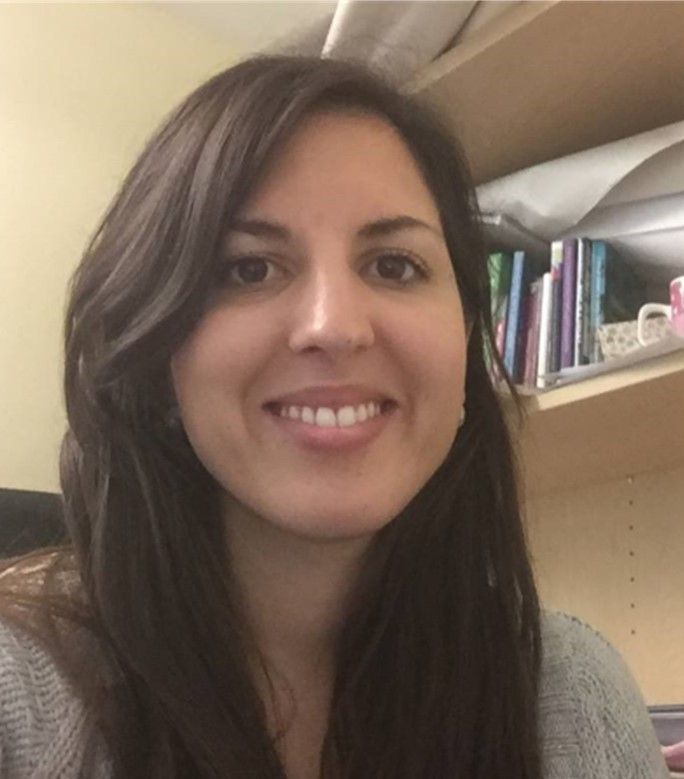 Dr. Diana Sousa is Senior Teaching Fellow at UCL Institute of Education, University College London. She previously worked as an educator in a variety of early childhood settings and, her particular research interest is the place of democracy in early childhood education.
Dr. Diana Sousa is Senior Teaching Fellow at UCL Institute of Education, University College London. She previously worked as an educator in a variety of early childhood settings and, her particular research interest is the place of democracy in early childhood education. -
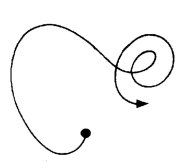 Where now and how? Panel and Discussion with Peter Moss, Karyn Callaghan, Dr. Christine Merrick and others.
Where now and how? Panel and Discussion with Peter Moss, Karyn Callaghan, Dr. Christine Merrick and others.This is planned as a powerful plenary to the series, collecting new reflections and gathering new ideas for direction, personal professional work, and wider influence.
Communicate with presenters prior to the presentations: When you register you will be given a link to write about your interests, foci, wishes, questions.
If you register before Friday 18th December these will be submitted to the various presenters. This will be helpful to them in honing their presentations and give them a sense of connection with you and your interests.
Dates, Details & Booking
| Date | Tuesday 19th January 2021 |
| End Date | Thursday 4th February 2021 |
| Price | £150 |
| Member Discount | 10% |
| Presenters |
Tuesday 19th January 4 p.m. 'Loris Malaguzzi's pedagogical influence and contemporary importance.' Professor Peter Moss, University College London Thursday 21st January 4 p.m. 'Walking on Threads of Silk.' Marina Castagnetti, Reggio Children, Italy Tuesday 26th January 4p.m. 'The Women and the Schools of Reggio Emilia.' Professor Sabine Lingenauber & Janina L. von Niebelschütz, University of Fulda, Germany Thursday 28th January 4p.m. 'How Does Learning Happen? - Ontario's vision for education’ Karyn Callaghan & Kelly Massaro-Joblin, Ontario Reggio Association, Canada Tuesday 2nd February 4 p.m. 'Democratic alternatives in education: Provocations from the Portuguese Modern School Movement.' Dr. Diana Sousa, University College London Thursday 4th February 4 p.m. 'Truths and Transformation – where now and how?' Panel and Discussion with Peter Moss, Karyn Callaghan and others. |
| Please Note: |
|
| Times | 4 - 5.30pm |


